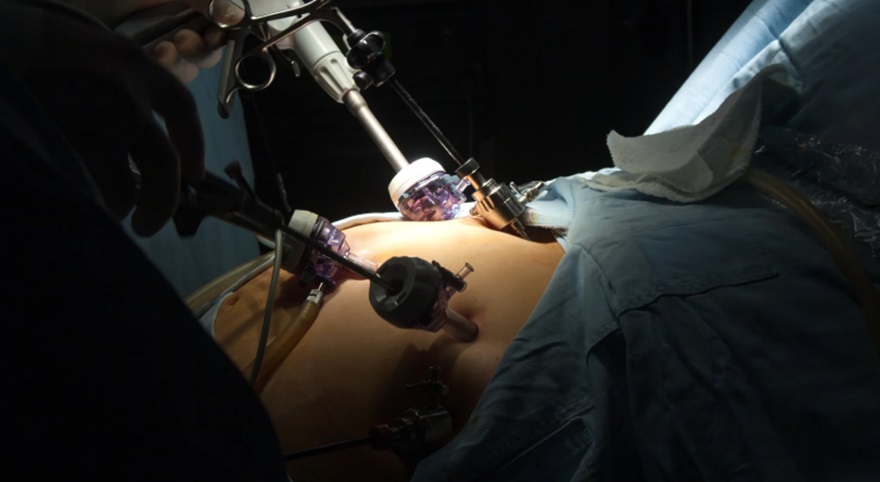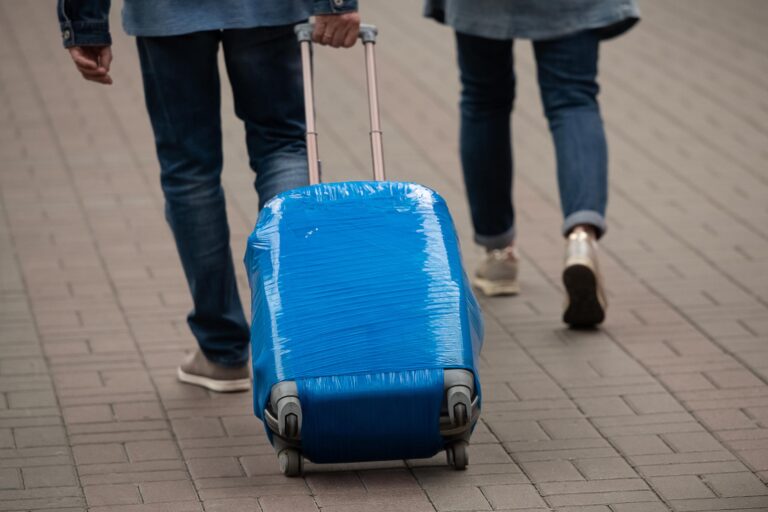
Top Questions to Ask Before Getting Gastric Sleeve Surgery
Gastric sleeve surgery is life-changing. It offers an effective way for individuals struggling with obesity to achieve long-term weight loss. If you’re considering the gastric sleeve in Cobb County, understanding the procedure and preparing for it thoroughly is essential. Asking the right questions can help you approach this decision with confidence and clarity.
Am I a Good Candidate for Gastric Sleeve Surgery?
One of the first steps is determining whether this surgery is right for you. Individuals with a body mass index (BMI) of 40 or higher are often ideal candidates. However, a BMI of 35 or higher with obesity-related conditions like type 2 diabetes or hypertension may also qualify. If other weight-loss methods like dieting or exercise haven’t worked, and you’re committed to making lasting lifestyle changes, this procedure might be suitable. Be sure to ask your doctor about any underlying health conditions or medications that could affect your eligibility.
What Does the Procedure Entail?
It’s important to fully understand the surgical process. Gastric sleeve surgery involves removing approximately 75-80% of the stomach, leaving behind a sleeve-shaped pouch. This reduces stomach capacity and helps regulate appetite by affecting hunger-related hormones. Ask your surgeon for a detailed explanation of the surgery, from the anesthetic used to the duration and potential complications. For additional insights, you can explore what a sleeve gastrectomy is and whether it is right for you, as it breaks down the details of the procedure and its suitability.
What Is the Recovery Process Like?
Understanding the recovery period is critical to setting realistic expectations and planning your post-surgical care. Recovery can take a few weeks, during which patients need to follow a progressive dietary plan, starting with liquids and gradually introducing soft and solid foods. Discuss the physical restrictions you might face during recovery and any specific items you’ll need, such as vitamins or supplements. Knowing how much time to take off work and what support to arrange can make this phase smoother.
What Lifestyle Changes Are Needed Post-Surgery?
Gastric sleeve surgery is not a quick fix; success depends on your commitment to adopting healthier habits. Patients must adjust to smaller portion sizes, focus on balanced nutrition, and engage in regular physical activity. Beyond physical health, this procedure brings changes to mental health as well.
Will I Need Follow-Up Care?
After surgery, follow-up care is essential to monitor your progress and ensure long-term success. You’ll likely have regular consultations with your healthcare provider to check on your healing, assess weight loss, and address any complications that arise. Many patients also work with dietitians and counselors to maintain sustainable habits and manage emotional challenges. Don’t overlook this aspect, as ongoing care plays a key role in achieving lasting results.
Are There Alternatives to Gastric Sleeve Surgery?
Before committing, explore other weight-loss options that are available to you. While gastric sleeve surgery is highly effective, some patients might benefit from gastric bypass, adjustable gastric bands, or even non-surgical treatments based on their health profile and goals. Discussing these alternatives with your doctor ensures you’re making the best possible decision for your circumstances.
Conclusion
Gastric sleeve surgery can be a powerful tool for improving your health and quality of life, but it’s not a decision to take lightly. It is crucial to undergo essential tests before gastric bypass surgery to ensure your safety and the procedure’s success. Asking the right questions about candidacy, the procedure itself, recovery, lifestyle changes, costs, and alternatives will help you make a confident and informed choice. Thorough preparation and understanding can significantly enhance your chances of long-term success and satisfaction with the results.


















